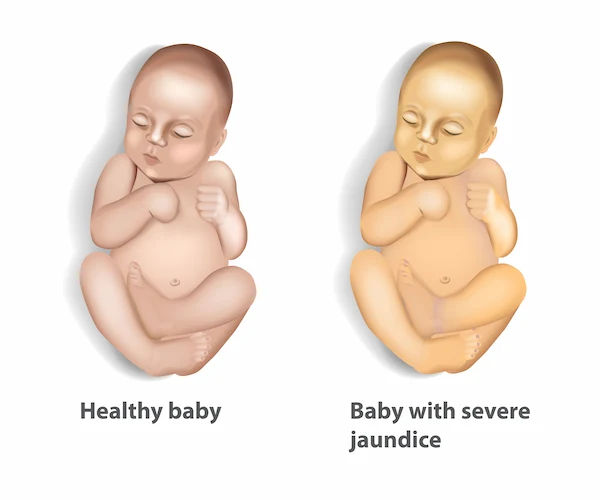Palliative Care Awareness
Explore how palliative care improves quality of life for people with serious illnesses through pain relief, emotional support, and compassionate guidance. Learn who needs it and how to access care.

Written by Dr. J T Hema Pratima
Reviewed by Dr. Mohammed Kamran MBBS, FIDM
Last updated on 11th Aug, 2025

Introduction
Every year, World Hospice and Palliative Care Day is observed to raise awareness about the importance of palliative care for people living with serious illnesses. This day reminds us that everyone deserves comfort, dignity, and quality of life, no matter their health condition.
If you or a loved one is dealing with a chronic or life-limiting illness, understanding palliative care can help improve well-being and provide much-needed support. Let’s explore what palliative care is, why it matters, and how it can help patients and families.
What Is Palliative Care?
Palliative care is specialised medical care focused on relieving pain, symptoms, and stress caused by serious illnesses. It is not just for end-of-life care—it can be provided at any stage of a disease, alongside treatments like chemotherapy or dialysis.
The goal is to improve quality of life—physically, emotionally, and spiritually—for both patients and their families.
Who Needs Palliative Care?
Palliative care can help people with:
Cancer
Heart disease
Lung conditions (COPD, pulmonary fibrosis)
Kidney failure
Neurological disorders (ALS, Parkinson’s, dementia)
HIV/AIDS
Other chronic or life-limiting illnesses
How Palliative Care Helps
Palliative care teams (doctors, nurses, social workers, and counsellors) work together to provide:
1. Pain and Symptom Management
Helps control pain, nausea, fatigue, and breathing difficulties.
Uses medications, therapies, and relaxation techniques.
2. Emotional and Psychological Support
Addresses anxiety, depression, and stress.
Offers counselling for patients and families.
3. Guidance on Medical Decisions
Helps patients understand treatment options.
Supports families in making informed choices.
4. Spiritual and Social Care
Respects personal beliefs and values.
Connects families with community resources.
Health Topic Carousel:
Doctor Speciality: General Practitioner
Text: Consult Top Specialists
Myths About Palliative Care
Many people hesitate to seek palliative care due to misunderstandings. Let’s clear some common myths:
Myth: Palliative care means giving up on treatment.
Fact: Palliative care works alongside curative treatments to improve comfort.
Myth: Only cancer patients need palliative care.
Fact: It helps with many chronic illnesses, not just cancer.
Myth: It’s only for the last days of life.
Fact: Early palliative care can improve quality of life for years.
When Should You Consider Palliative Care?
If you or a loved one is experiencing:
Severe pain or discomfort due to illness
Frequent hospital visits
Difficulty managing daily activities
Emotional distress from illness
…then palliative care may be beneficial.
How to Access Palliative Care?
1. Talk to Your Doctor – Ask if palliative care is right for you.
2. Hospitals & Clinics – Many hospitals have palliative care teams.
3. Home-Based Care – Some services provide care at home.
4. Hospice Care – For advanced illnesses, hospice offers specialised support.
Apollo24|7 Can Help
If you need guidance on palliative care, Apollo24|7 offers consultations with specialists who can provide support and recommendations. You can book an appointment online and discuss the best care options.
Tips for Families Supporting a Loved One
Listen with empathy – Let them express their feelings.
Help with daily tasks – Small gestures make a big difference.
Stay informed – Learn about their condition and care needs.
Take care of yourself – Caregivers also need rest and support.
Final Thoughts
Palliative care is about living as well as possible, even with a serious illness. It provides relief, comfort, and dignity—not just for patients but also for their families.
Let's spread awareness about palliative care and ensure that no one suffers needlessly. If you or someone you know could benefit from palliative care, reach out to a healthcare provider today.
Health Topic Carousel:
Doctor Speciality: General Practitioner
Text: Consult Top Specialists




